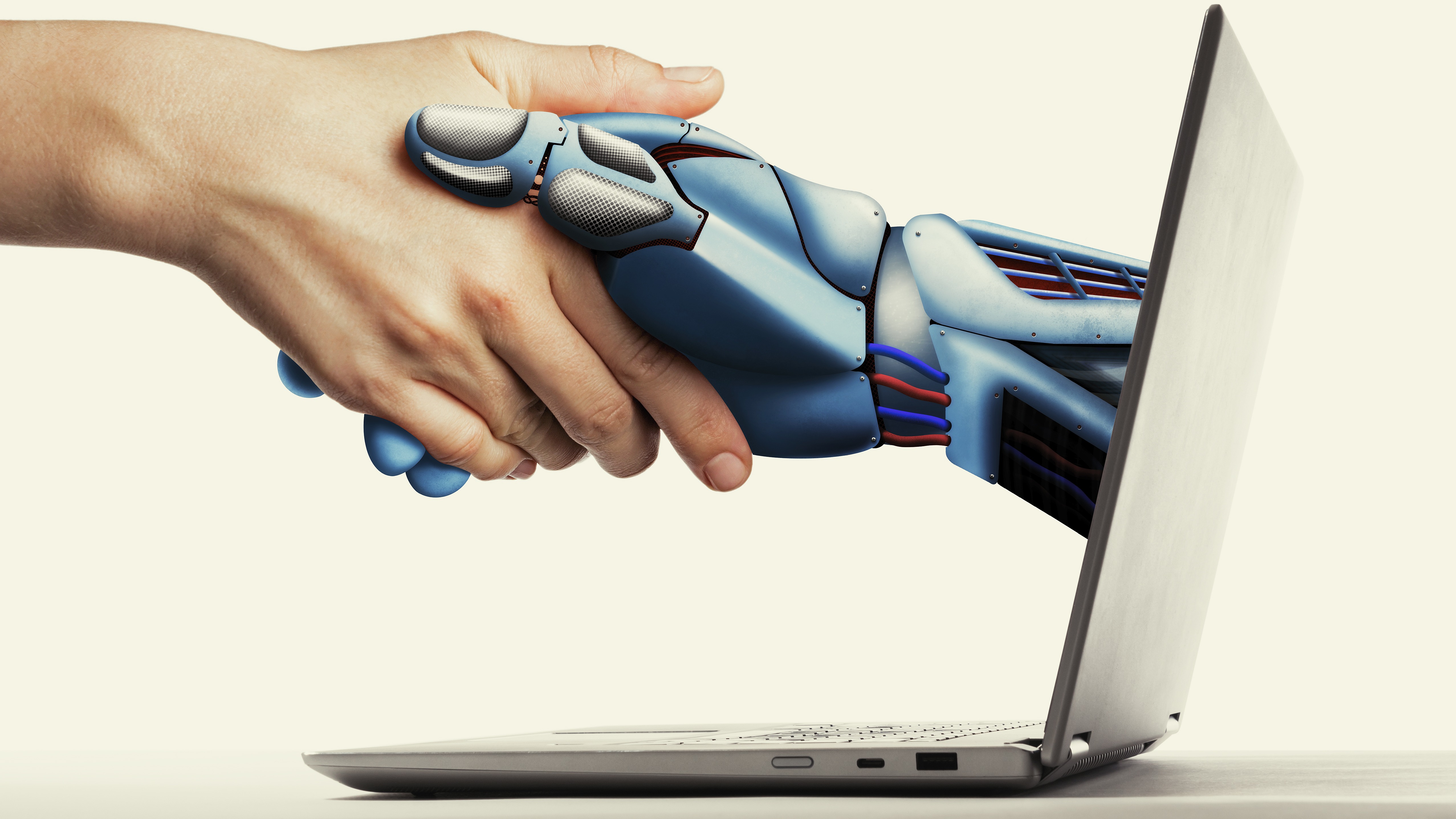
Only a quarter (26%) of UK knowledge workers have a healthy relationship with their work, new research has claimed.
Despite a slight improvement compared with last year, the figures are indicative of poor performance and productivity across various sectors as a result of decreased motivation and satisfaction, the latest HP’s Work Relationship Index has reported.
However, all of this could be about to change if businesses act on the needs of workers – more widespread AI adoption and personalized work environments.
AI might help knowledge workers in more ways than one
HP found AI adoption among UK workers had more than doubled from 27% in 2023 to 66% in 2024, with workers noticeably happier over the same period.
Around three in four (73%) globally agree AI makes their jobs easier, with three in five noting the positive work-life balance effects.
Nevertheless, workers continue to worry about artificial intelligence’s impact on the jobs market, with 39% of UK workers concerned that AI could replace human jobs – more than last year.
Besides the assistance of emerging technologies, workers are also calling for more personalized and flexible work environments. As many as 85% would consider taking a lower salary if it meant they could have a more custom environment, highlighting a critical area for business investment. Knowledge workers prefer to have more control over how, where and when they work.
Neil Sawyer, Managing Director of HP UK and Ireland, summarized: “As workers' expectations continue to shift, many businesses have yet to fully adapt their workspaces, culture, tools, and leadership styles to meet these evolving needs.”
Thankfully, companies are starting to recognize the need for change – three-quarters (76%) of leaders agreed that urgent action is required to improve employees’ relationships with work.
Sawyer added: “Business leaders must recognise that these choices impact not only employees’ relationship with work but also their overall wellbeing and long-term engagement.”
More from TechRadar Pro
- Check out the best AI writers
- AI hype is at an all time high, but only a few of us actually use it daily
- We’ve rounded up a list of the best hybrid working tech to support your workforce







